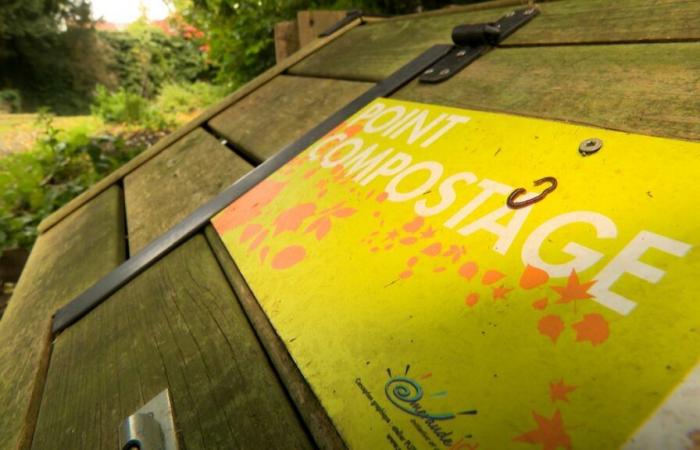At the end of the municipal elections, the Ecolo party only runs two towns in Wallonia. Faced with this observation, a question arises: why such a defeat? Does political ecology still have a future?
It is a small town of 13,000 inhabitants led for twelve years by an eco-friendly mayor. However, everything changed on the evening of October 13: Enghien, located in Hainaut, is now positioned on the right, in favor of the Engagés-MR list.
The people of Enghien are not unhappy about it, quite the contrary. “It’s catastrophic with Écolo. The city is dirty, there is nothing left, there are no shops“, testifies a resident. “At first we were satisfied, but in the end it went a little too far“, adds another.
To understand this ambient anger, Marc Vanderstichelen, the new mayor, wants to show us a brand new cycle path, installed a year ago, and which cost… More than €600,000. A waste of money, according to him: “There is almost no bicycle traffic here. So we didn’t understand why we built it, in the middle of nowhere, while the track stops a little further on and we continue on the road. It’s no use“.
Olivier de Saint Amand, the outgoing mayor, admits to being the subject of an outpouring of hatred: “I am murdered. These years of work serving this community rejected with so much violence. I stop everything. I no longer have the strength“.
Restrictive ecology, a good solution?
Environmentalists sometimes crystallize the anger of residents. According to Jean-Marc Jancovici, activist against climate change, we must put an end to restrictive ecology.
When people are less concerned, they have lower electoral scores. It is almost independent of what the party actually achieves
“What moves us forward is not often the stick, but more often the carrot. As far as ecology is concerned, it’s the same: there is a necessary element of restrictions because life in society presupposes rules. (…) On the other hand, we also need a social project, it cannot just be prohibitions. There must be something positive“, he says.
Green in free fall since 2019
The Green party no longer seems to appeal as much. According to our latest surveys, the trend is downward. For what reason? It’s all a question of priorities.
“This is one of the most fluctuating attitudes of the last twenty years, and Écolo benefits from having an electorate that is concerned by this issue. When people are less concerned, they have lower electoral scores. It is almost independent of what the party actually achieves“, estimates Jean-Benoit Pilet, political scientist at ULB.
We have just read the budget of the new Walloon government, we are not talking about the environment. There is nothing about the climate
In Enghien, although the new mayor comes from the Engagés, he does not position himself as being an anti-ecologist. “I myself am very ecological in my behavior. It’s political ecology that poses a problem“, he explains.
Currently, more and more parties are greening their programs. It remains to observe their concrete actions in environmental matters. “Without environmentalists, these questions (environmental issues, Editor’s note) will be able to be put on the shelf. We have just read the budget of the new Walloon government, we are not talking about the environment. There is nothing about the climate“, worries Marie Lecocq, co-president of Écolo.
large format focus elections green ecology politics








